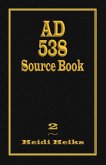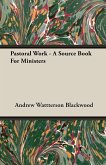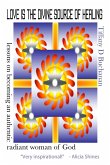In the Hebrew of the Old Testament the word tamid is used as an adverb, which modifies a verbal motion, to point out that the action goes on regularly, consistently or continually-"daily" at regular, repeated intervals. It is never used of an object or action in the most holy place, where the priest ministered only once a year. Nor is it ever used of pagan worship or the use of idols. It is used almost thirty times in connection with the tabernacle in the wilderness and the temple of Jerusalem-always referring to some action the priest carried out in its courtyard or in the holy place. The question, then, is what single word or phrase can encompass all of these regular priestly activities in both areas? The "daily," which was followed once a year by the "yearly" or "annual" ministration in the Most Holy Place. Since these earthly functions were a typological model of what takes place in the heavenly sanctuary, its connection there shows that it belongs to the heavenly mediation and intercession of Christ on behalf of his earthly children. -William H. Shea, M.D., Ph.D. Retired Professor: Old Testament Department Seminary, Andrews University Retired Associate: Biblical Research Institute, General Conference of Seventh-day Adventists
Hinweis: Dieser Artikel kann nur an eine deutsche Lieferadresse ausgeliefert werden.
Hinweis: Dieser Artikel kann nur an eine deutsche Lieferadresse ausgeliefert werden.








